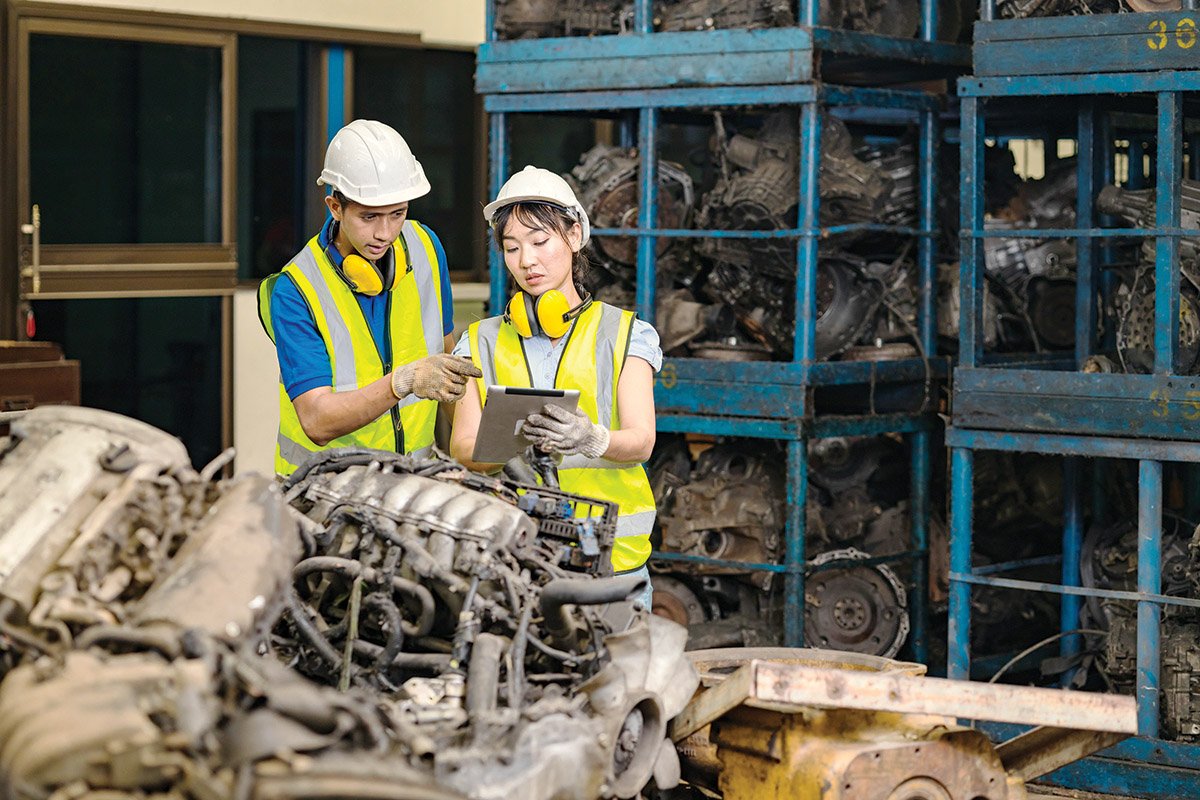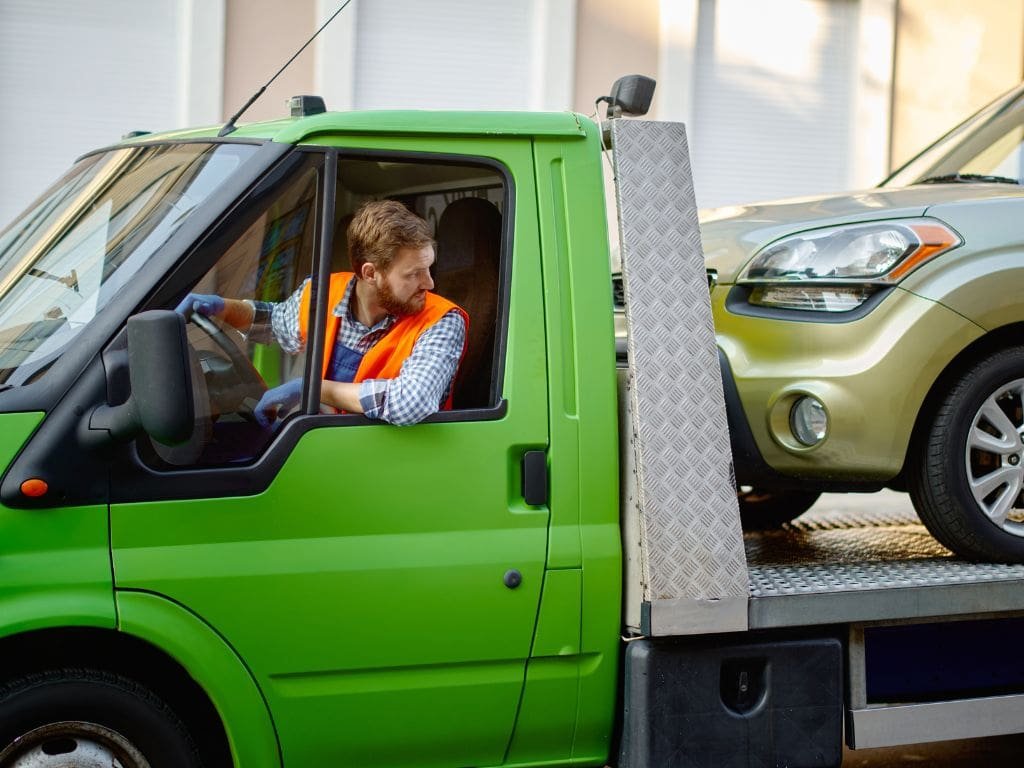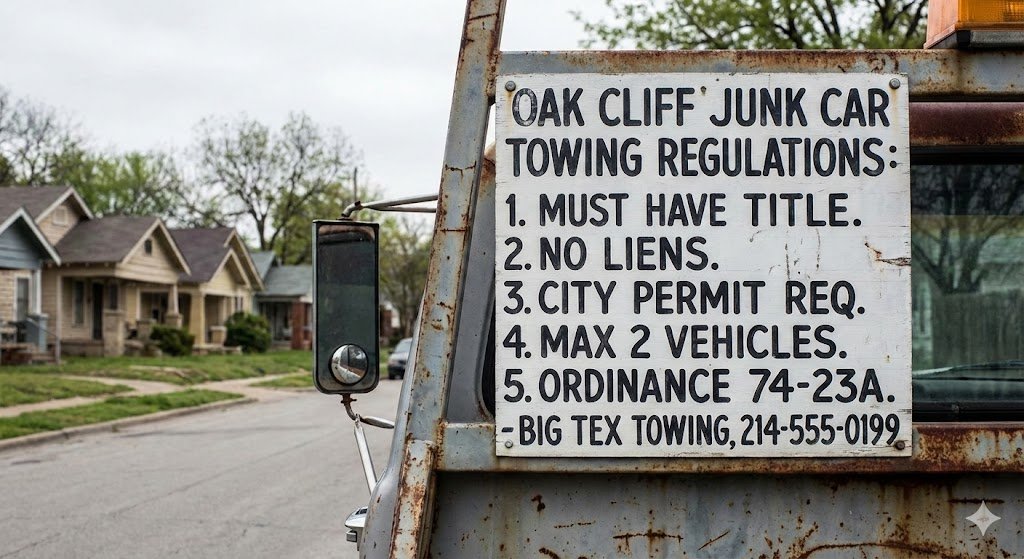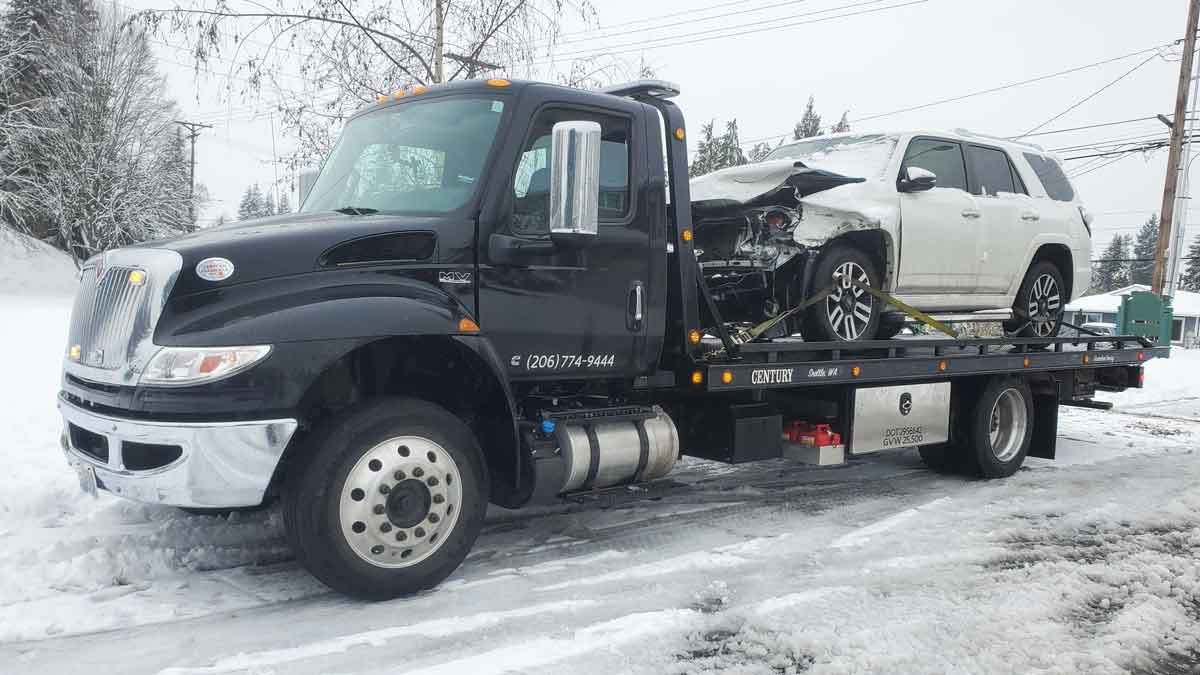When most people think about recycling, they picture plastic bottles, cardboard boxes, or old newspapers. But there's another kind of recycling happening every single day that’s making a huge impact and a ton of money — auto recycling.
That’s right. Recycling old cars is big business. In fact, auto recycling is a multi-billion dollar industry that helps the environment,t saves money, and fuels thousands of jobs across the globe. So what exactly makes it so valuable
Let’s take a deeper look at how auto recycling works, why it's booming, and why it's becoming more important than ever.
What Is Auto Recycling Anyway
Auto recycling is the process of taking old, damaged, or end-of-life vehicles and breaking them down to reuse or resell their parts and materials. When a car is no longer drivable — whether it's been in a crash just too old, or too costly to repair — it often ends up at a salvage yard or recycling center.
There, it’s taken apart carefully. Usable parts like the engine, transmission, mirrors, wheels, and even the seats are cleaned up and sold as used car parts. The rest of the car — mostly made of steel, aluminum, and other metals — gets shredded and melted down to be used again in manufacturing.
It’s basically giving your car a second life, piece by piece.
The Size of the Auto Recycling Industry
You might be surprised to learn just how massive the auto recycling industry is. In the US alone, it brings in over $32 billion a year. Globally, it’s even bigger. Millions of vehicles are recycled every year — over 12 million in North America alone.
And it’s not just about money. This industry supports more than 140000 jobs and thousands of small businesses. From local scrapyards to nationwide parts distributors, auto recycling is a key part of the global economy.
Why Auto Recycling Makes So Much Money
1. People Want Affordable Parts
Not everyone can afford brand-new car parts, especially if they’re driving an older vehicle. That’s where auto recycling comes in. Salvage yards and parts resellers offer quality used parts at a fraction of the cost of new ones. It’s a win-win — people save money and recyclers make a solid profit.
2. Metal Is Valuable
Cars are full of metal, and metal is worth money. The average car has over a ton of steel in it. Add to that the aluminum, copper, and other materials, and you’ve got a serious source of raw materials. When recycled properly, that metal can be reused to build new cars, buildings, tools, and more.
3. It’s Good for the Environment
Auto recycling helps keep tons of waste out of landfills. It also saves energy and resources that would be used to make new parts and materials. Because of its positive impact on the planet, auto recycling is often supported by government policies and incentives, which help recyclers boost profits while doing good.
4. New Tech Makes It Easier
Recycling used to be dirty and slow. Now with modern technology, recyclers can take apart cars faster, safer, and more efficiently. High-tech tools help sort materials, track inventory, and even sell parts online. This tech makes the process smoother and more profitable.
It’s Not Just About the Money — It Helps the Planet Too
Here’s the environmental side of auto recycling that people often miss
- 85% of a vehicle can be reused or recycled
- It saves around 85 million barrels of oil a year that would go into making new parts
- It reduces the need for new mining and manufacturing, which helps cut pollution
So when a car gets recycled it’s not just disappearing — it’s helping build a more sustainable future.
The Roadblocks Along the Way
Of course, like any major industry, auto recycling has its challenges
Modern Cars Are Complicated
Newer vehicles, especially electric and hybrid ones, are packed with electronics and specialty materials. That makes them harder to take apart and recycle compared to older models. Recyclers have to constantly learn new skills and invest in better tools to keep up.
Regulations Are Tight
Environmental rules are stricter than ever, which is a good thing, but it also means recyclers need to follow detailed procedures and maintain clean operations. That takes effort, training, and sometimes extra costs.
Scrap Prices Fluctuate
The value of scrap metal changes depending on global markets. When prices are low, recyclers earn less even if they’re doing the same work. That can make business unpredictable.
What’s Next for Auto Recycling
The future of auto recycling is exciting — and it’s going electric. With EVs becoming more common recyclers are preparing to deal with lithium batteries high-voltage systems and complex electronics. That opens up new opportunities but also requires new tools and knowledge.
Technology will also continue to play a big role. Artificial intelligence automation and better inventory systems are making it easier to track parts price them accurately and sell them online to a global audience.
This evolution means more money better efficiency and an even bigger environmental impact in the years ahead.





